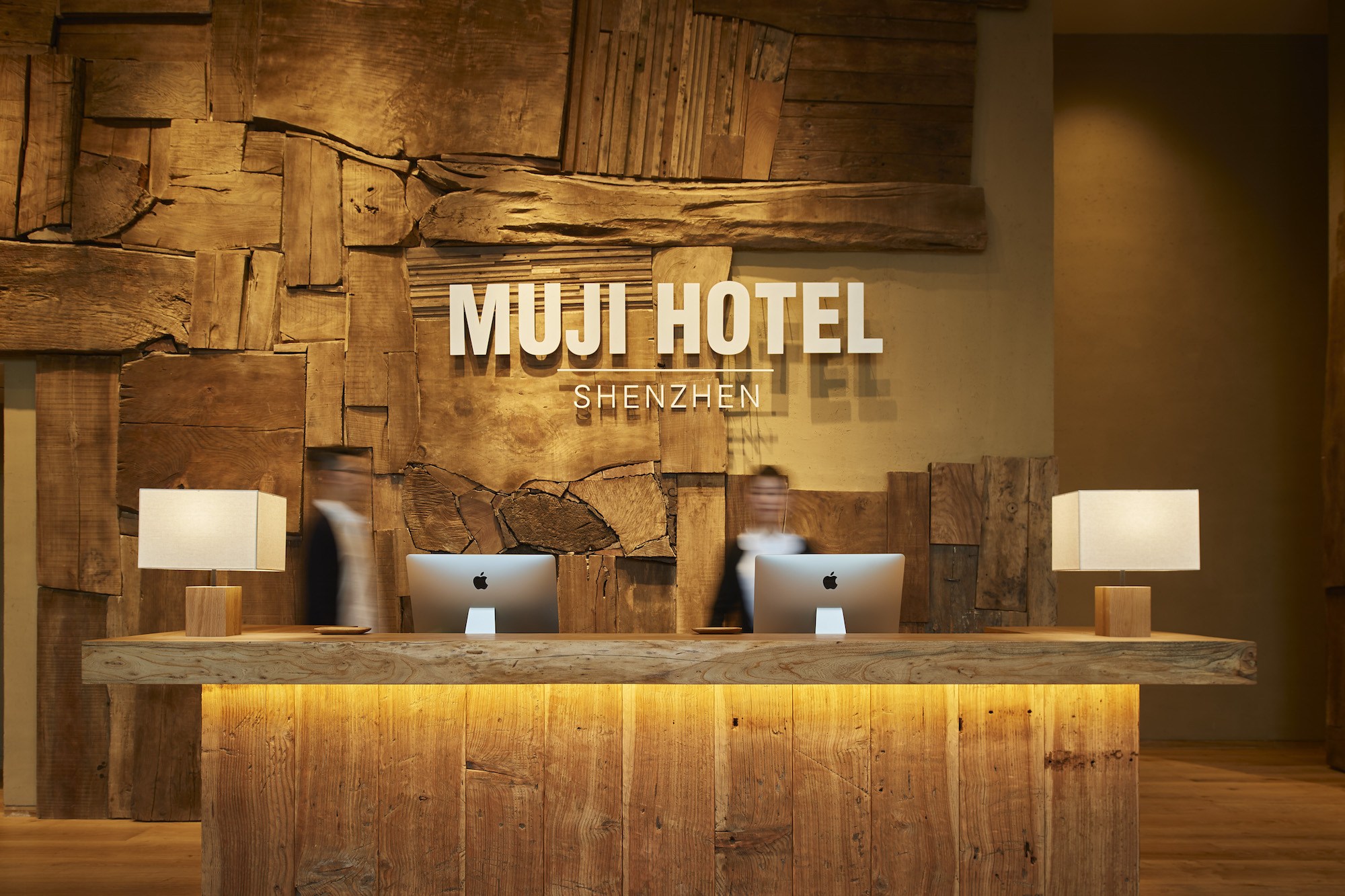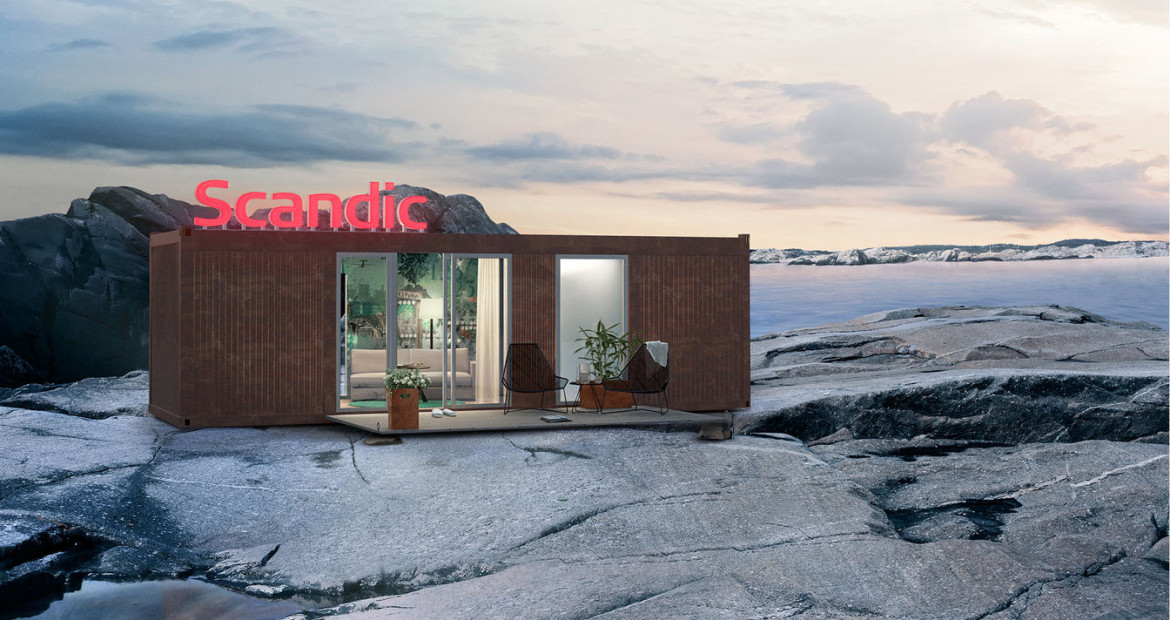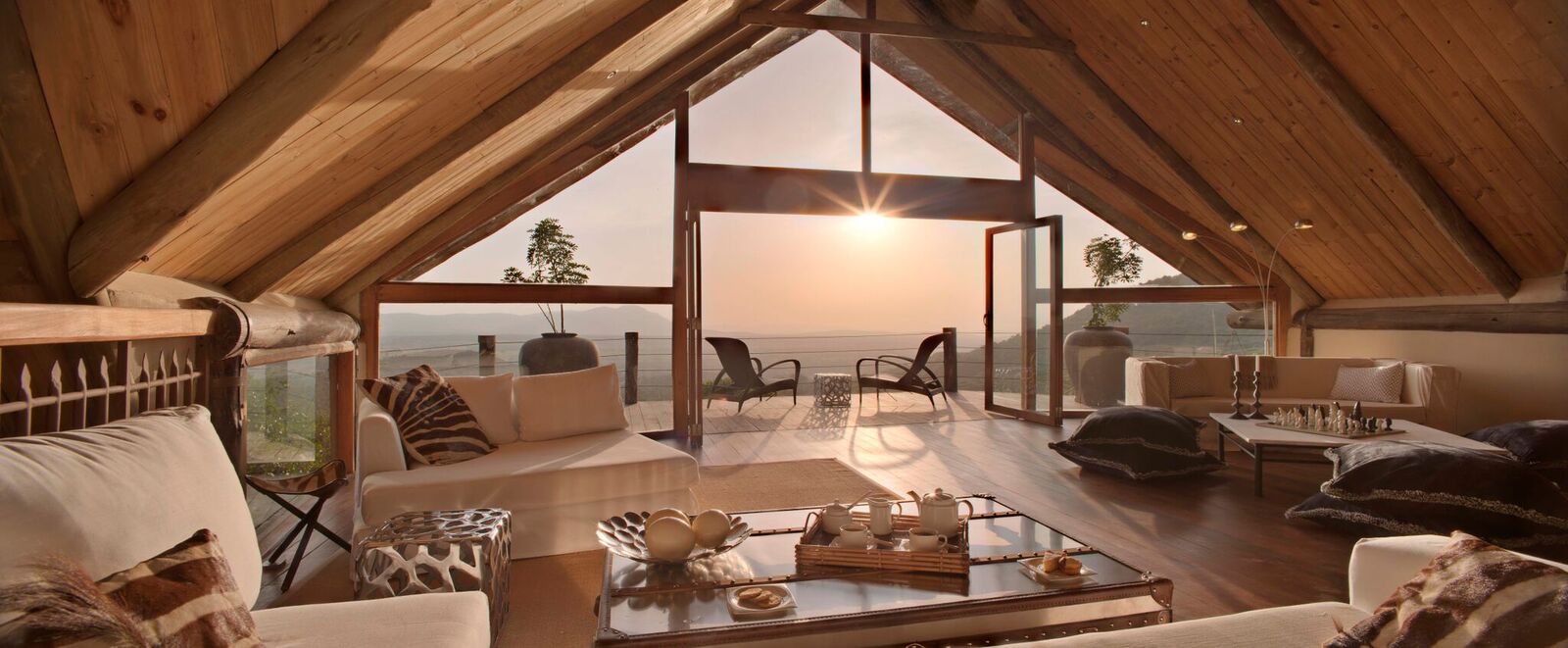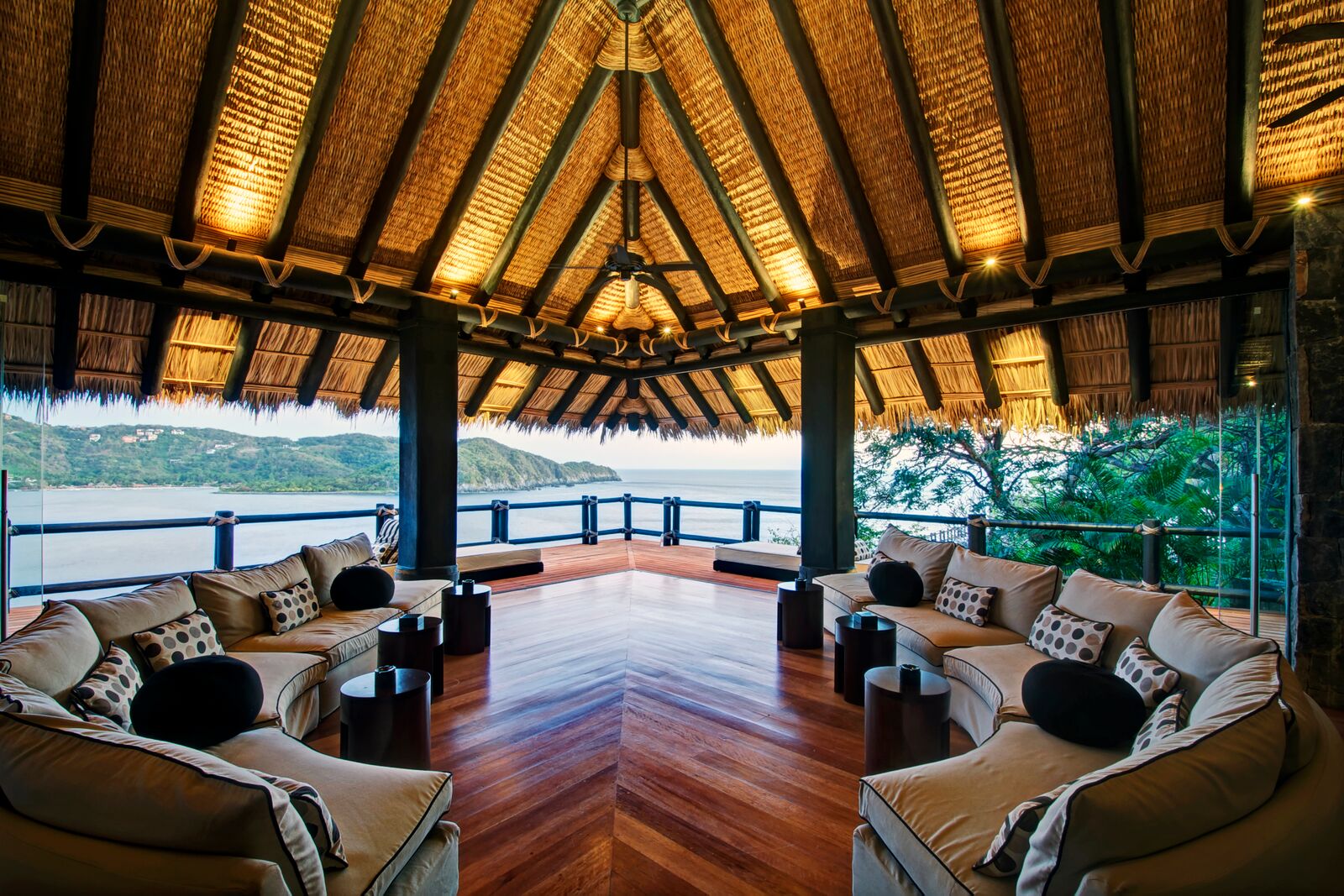What Can Property Developers Learn from the Travel Industry?
The global financial crisis triggered a change in the behaviour and thinking of consumers. Owing to anxieties about indebtedness and weakening incomes, consumers shifted focus from the material to the more memorable as they assigned greater importance to personal and unique experiences.
The wider effect created a cohort of travellers and customers, seeking to immerse themselves in authentic and localised experiences that support human connection.
In a recently released report on immersive travel, Brickfields Consulting examine these preferences and how they have given rise to niche types of accommodation like lifestyle-brand hotels, exclusive member clubs, on-demand “kit” hotels and new partnerships in service platforms.
These changes are presenting huge opportunities for property owners and developers looking for alternative ways in which to attract customers or tenants.

Hotels
Retail in particular has experienced a major shake-up, as bricks and mortar retail struggles against the spectre of online shopping and dwindling customers.
Lifestyle brands are moving to the hotel sector in a bid to build loyalty, expand their reach and test new product. Executive vice president of American Express Travel, Claire Bennet explains that consumers are seeking lifestyle-inspired, design-focused hotels, observing a 30 per cent spike in bookings for these types of hotels in the US for 2017.
Earlier this year, Japanese lifestyle brand and retailer of “minimalist” homewares, Muji, launched a hotel in Shenzen, China. The move from retail to hospitality allows Muji’s customers to live in the brand, taking products from the decorative to the utilitarian.
Related reading: Urban Farm Creates Much-Needed Retail ‘Customer Experience’

For retail asset owners, this presents the opportunity to review customer brand preferences, and integrate experiential accommodation offers, even if on a small or temporary scale.
If securing a major brand is not feasible, a more agile approach is utilising turnkey “kit” spaces to drive a unique experience.
Scandic Hotels Group, Scandinavia’s largest hotel operator, has done just that – offering Scandic “To Go”, a mobile hotel room “pod” that can be booked online. The rooms are 18-square metres with terrace, two beds, bathroom, free Wi-Fi and air conditioning.
Customers can select predetermined destinations across Scandinavia or put forth their own.
This represents the ultimate in transferring power to the customer – travellers can be spontaneous, customise their experience, and have a space on-demand.
For asset owners, this can be a vehicle to drive revenue by utilising under-used areas, be it a rooftop, carpark, or vacant land pre-construction – that if marketed and well-located, can have the appeal of a novel, one-off experience in a rare location.

Residential Accommodation
Turning to residential accommodation types, opting to stay in a private home is a growing preference among travellers seeking localised experiences. While Airbnb dominates the mass market in this sector, there are other players with niche offerings.
One example is Third Home, a private property and travel club for owners of luxury second homes, which allow homes to be shared among members. An interesting feature of the model is its partnerships with property developers specialising in luxury resorts and fractional properties.

Developers with the right calibre of product can offer a Third Home membership to their prospective buyers, providing a strong point of differentiation by way of access to a global pool of holiday properties.
This type of value-add is a trending form of future product, as Millennials in particular will view assets in terms of the ancillary value they can add to their lifestyle.
The business community are another important cohort dictating preferences in accommodation. The rise of the mobile workforce has seen the emergence of a lifestyle that blurs the boundaries between work and travel and as a result, we are seeing collaborations between local companies and major platforms to facilitate localised experiences.
Related reading: Softbank Announces $4.4 billion Investment in Coworking Start-Up WeWork

One partnership of note is between Airbnb and co-working giant WeWork. In this new venture, business travellers who book through Airbnb are offered a spot at the nearest WeWork office, allowing the opportunity to work alongside the local business community.
For asset owners, this presents the opportunity to look across the different classes in their portfolio – and outward to local service providers, and scope out synergies that may exist for collaborations to support their key customer markets.

Brickfields’ five key takeaways for property professionals:
Invest in user research to determine which lifestyle brands resonate with your audience, and have a strong capability to stage immersive one-off experiences, be it overnight accommodation-based or temporary bookable events.
Utilise vacant land or under-used spaces in an asset for the staging of compelling experiences that have a strong surprise and delight factor. This offers the benefits of advocacy and an additional revenue stream.
Leverage kit-of-parts, turnkey or “plug and play” spaces to pilot memorable experiences in a low-investment and agile format.
Integrate ancillary lifestyle offers, memberships and services to residential and commercial product. This will broaden appeal and build a competitive advantage.
Engage in partnerships with complementary products and services within your portfolio and the local community to offer aligned services to your tenants and customers.

Stephanie Bhim is a Senior Strategist at Brickfields Consulting, a property consultancy specialising in market insight and the delivery of innovate property solutions to its clientele.
Stephanie is the lead researcher and writer of the Place Edition, Brickfields’ quarterly property intelligence report.
Brickfields’ Place Edition #54: Immersive Travel can be viewed here.














